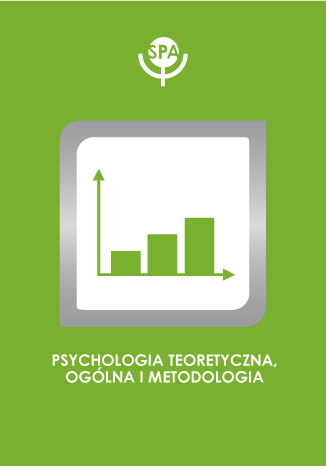Kiedy odwołując się do testów psychologicznych postępujemy nieetycznie? Analiza kontekstu psychometrycznego

Jerzy M. Brzeziński
DOI:
Rocznik: 2009 Tom: 15 Numer: 2
Strony: 321-332
One of the characteristic features of research and diagnostic practice in psychology is resorting to specific instruments – psychological tests. Unfortunately, apart from fully qualified researchers and practitioners (M.A. or Ph.D. degree in psychology) such tests are also conducted by persons who can use them only at a very superficial level. The author of the article is not so much interested in the ethical context of applying psychological tests which derives from respecting the rights of individuals to privacy and confidentiality or respecting the rule of informed consent to research as in ethical consequences of dissociating the test from the psychological theory (the consequence – the absence of construct validity) and omitting – at the construction stage and scores interpretation stage – the principles of test theories (e.g. true score theory or generalizability theory). In the author’s opinion the most serious ethical consequences stem from incorrectly established validity and reliability of psychological testing and omitting the standard error of measurement (SEM) value in the quantitative interpretation of test scores as well as not using the confidence intervals method while analysing test results.









 Pobierz pełny tekst
Pobierz pełny tekst



